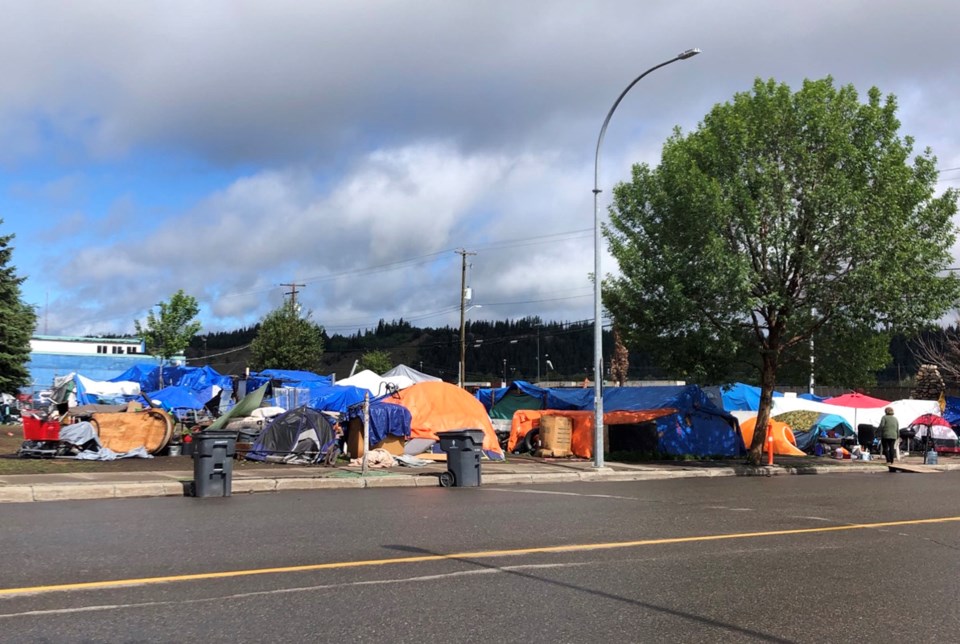In 2021, the City of Prince George failed its attempt to “decamp” at both the Splits (George Street) and Moccasin Flats. As we all know, the city made a public apology following the decampment and the city awarded payouts to victims. The city has paid out almost a dozen victims and is still in arrears to pay out approximately two dozen more.
Together with victims, a report was sent to the city regarding the damages, which amounted to more than $50,000. The victims also identified several important “lessons learned” to avoid harmful and expensive mistakes in the future.
- There should be an open and clear commitment to improve the process when residents are transitioned into social and supportive housing.
- Ensure there is transparency and consent throughout the whole process.
- List the reasonable supports that will be offered before the transition to supportive housing occurs. Discuss this with residents individually and also publicly.
- If you intend to dispose of people’s belongings, explain the process that is about to happen in clear language at least two weeks in advance. This should be publicly explained and notices should be put up so that people who are not physically present can understand. Provide a contact number so that people can get further information.
- Offer reasonable support to transport goods to the new shelter or to storage facilities. Two bins is insufficient.
- Ensure there is time for people to figure out what to do with belongings that won’t fit at the shelter or storage facility. We have friends and family who can help.
- Get signed agreements to confirm that residents understand the process.
- Take a photo of the scope of items that will be disposed of so there is no disagreement later.
- Have residents sign that reasonable support was provided to transport goods and that disposal can proceed.
Claimants felt that if transition to housing and the “clean up” is done right, the city and citizens will be “better friends” afterwards. If our relationship is not better after transition to housing, something has gone wrong.
Given the expansion of the Safe Street bylaw made in July to allow bylaw to remove abandoned items, these recommendations should be taken seriously. Claimants and other de-housed citizens are willing to provide consultation so we can get this right.
Amelia Merrick
Prince George


.png;w=120;h=80;mode=crop)